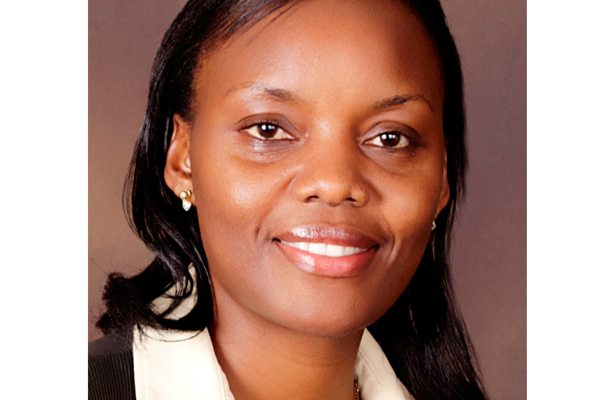Prime
Gaps in financial sustainability knowledge, asset building worry financial sector trainers

Ms Goretti Masadde, CEO Uganda Institute of Banking and Financial Services (UIBFS)
What you need to know:
- The advocates of this Initiative, including UIBFS, say it aims to increase financial capability and asset holding
Concrete steps, including mindset change will be needed to improve financial stability and security of socially and financially marginalised segment of the population, according to the Uganda Institute of Banking and Financial Services (UIBFS).
Already, a diverse set of University researchers, social work practitioners, financial service providers, policy makers and some donors across the continent of Africa are rooting for Financial Capability and Asset Building in Africa (FCAB), arguing that it could be the “magic bullet” required to propel the vulnerable population financial stability, not just in Uganda, but across the African continent as well.
The advocates of this Initiative, including UIBFS, say it aims to increase financial capability and asset holding. As a result it will strengthen social and economic wellbeing of the majority impoverished population.
“We are one of the Institutions participating in this initiative because we believe in it,” the Institute CEO, Ms Goretti Masadde said during the launch of the initiative recently.
While presenting a paper on “The Importance of Financial Awareness Campaigns in Advancing Financial Capabilities: Insights from Uganda’s Banking and Financial Services Awareness Month” she noted that COVID-19 and the resultant lockdowns, let alone other challenges such locust invasion and over flooding, will all simply amplify existing vulnerability, posing great risk to persons with poor financial resilience or capability in Uganda.
Ms Masadde further reveals that there is no dedicated financial capability training in Uganda’s education system nor central public programme to build people’s financial capability. According to her, this gap can be addressed through a well-organized financial awareness campaigns targeting significant size of the population with relevant messages.
Ms Masadde also cited a recent survey carried out by FSDU which showed that 43 per cent of Ugandans regardless of income status, couldn’t sustain their lifestyle for only one day without work, about 35 per cent did not have plan to ensure they have money in the future and 55 per cent are unable to come up with emergency funds.
In his remarks, Dr John Kitayimbwa of Uganda Christian University, it became obvious that there is a current gap among many university graduates regarding working knowledge on financial capabilities and asset building. He expressed UCU's readiness to collaborate with all FCAB-Africa stakeholders to try to reverse this growing concern.





